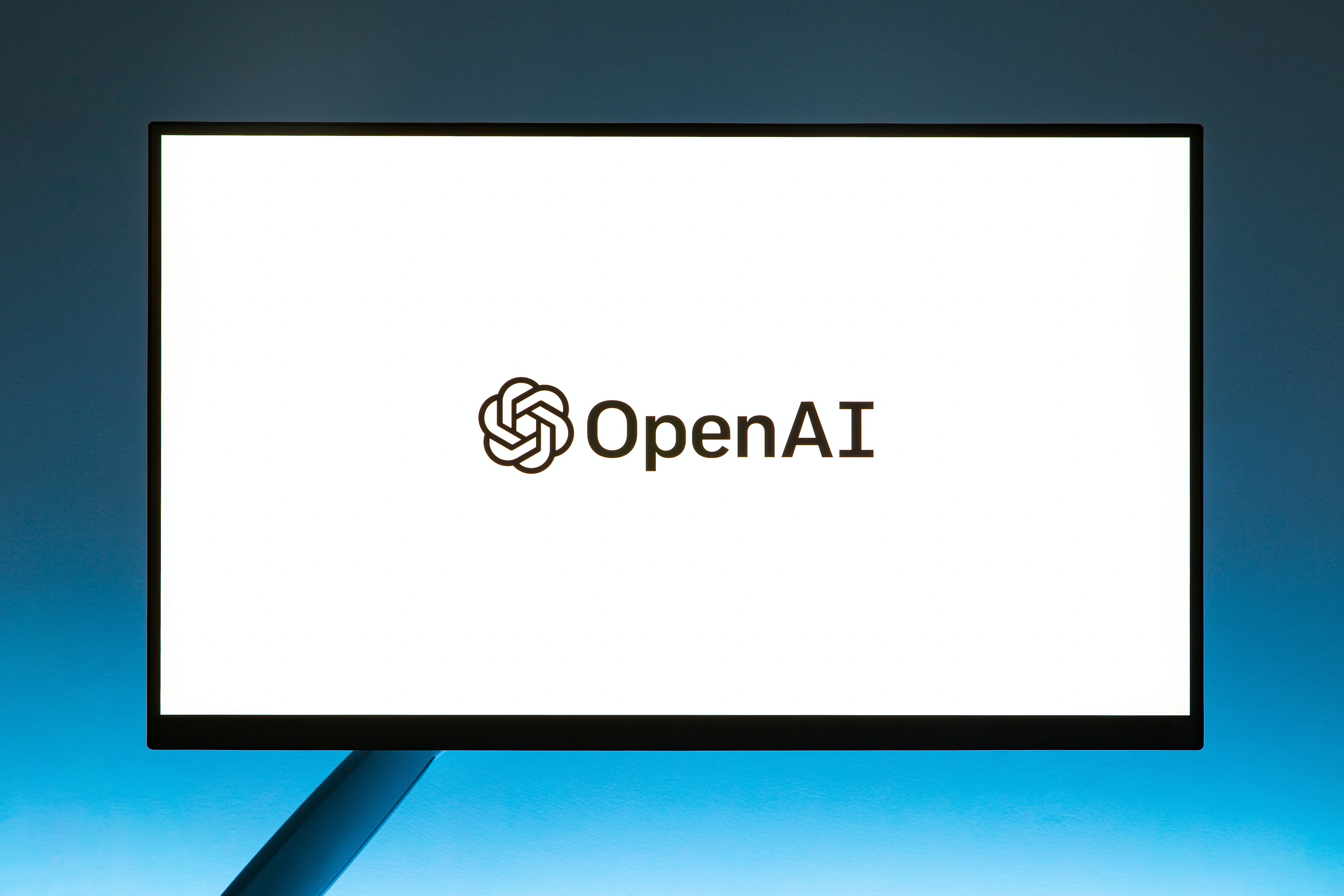
ChatGPT 3.5 and 4: OpenAI’s Advanced Language Model
ChatGPT 3.5 and 4: OpenAI’s Advanced Language Model
ChatGPT 3.5 and 4: OpenAI’s Advanced Language Model
15 de nov. de 2023


ChatGPT, a creation of OpenAI, is an AI chatbot that employs natural language processing (NLP) to respond to queries in a dialogue that mimics human conversation. This dialogue format enables ChatGPT to facilitate engaging discussions, offer insights, and automate tasks.
The development of ChatGPT has seen several enhancements, especially noticeable between versions 3.5 and 4. While GPT-3.5 operates as a text-to-text model, GPT-4 functions more as a data-to-text model. An additional feature of GPT-4 is its ability to extract text from web pages when a URL is shared in the prompt.
Additionally, GPT-4 has improved multilingual capabilities and provides more accurate responses, which reduces hallucinations.
ChatGPT Across Industries
ChatGPT brings several benefits to various industries due to its advanced conversational capabilities. In higher education, it functions as a valuable tool for enhancing learning accessibility. It can support language learning and act as a study buddy, assisting students in reflecting on learning material. Additionally, ChatGPT can help instructors generate quiz questions and draft lecture outlines and scripts, thus easing their workload.
ChatGPT proves to be a practical tool for CIOs and other business leaders in the corporate field. It can be used to research information relevant to their industry and customer base, assisting in formulating suitable solutions. Moreover, its capabilities extend to generating computer code and producing college-level essays, poetry, etc.
ChatGPT stands out with its ability to produce contextually appropriate and coherent responses compared to other conversational AI systems. This makes it a preferred choice in various domains, from education to customer service to coding.
Understanding the Limitations of ChatGPT
One of the significant limitations that stands out is that ChatGPT, like any AI chatbot, cannot serve as a definitive source of information. This limitation arises from several factors:
Firstly, ChatGPT lacks common sense and can’t draw from personal experiences or use intuition as a human can. It is a sophisticated text generator that uses patterns in its training data to form responses.
Secondly, ChatGPT lacks emotional intelligence. It recognizes and generates text that represents certain emotions based on its training data but can’t experience or understand them.
Thirdly, ChatGPT sometimes struggles with understanding context, especially in complex conversations. It can respond inappropriately if the discussion requires a deep understanding of the context.
Despite its limitations, it is necessary to acknowledge that ChatGPT is still a powerful tool. It can generate remarkably human-like text and be incredibly useful in various applications. Nevertheless, it is imperative to bear in mind these constraints when using ChatGPT or any other AI system.
Balancing Advanced AI and Privacy with Aivia
Leveraging the advancements of OpenAI’s ChatGPT, Aivia provides a powerful tool that enables engaging discussions, insightful assistance, and task automation across various sectors. More importantly, Aivia places the utmost emphasis on privacy, ensuring that your interactions with ChatGPT are secure and confidential.
Explore the transformative power of AI without compromising on privacy with Aivia.
ChatGPT, a creation of OpenAI, is an AI chatbot that employs natural language processing (NLP) to respond to queries in a dialogue that mimics human conversation. This dialogue format enables ChatGPT to facilitate engaging discussions, offer insights, and automate tasks.
The development of ChatGPT has seen several enhancements, especially noticeable between versions 3.5 and 4. While GPT-3.5 operates as a text-to-text model, GPT-4 functions more as a data-to-text model. An additional feature of GPT-4 is its ability to extract text from web pages when a URL is shared in the prompt.
Additionally, GPT-4 has improved multilingual capabilities and provides more accurate responses, which reduces hallucinations.
ChatGPT Across Industries
ChatGPT brings several benefits to various industries due to its advanced conversational capabilities. In higher education, it functions as a valuable tool for enhancing learning accessibility. It can support language learning and act as a study buddy, assisting students in reflecting on learning material. Additionally, ChatGPT can help instructors generate quiz questions and draft lecture outlines and scripts, thus easing their workload.
ChatGPT proves to be a practical tool for CIOs and other business leaders in the corporate field. It can be used to research information relevant to their industry and customer base, assisting in formulating suitable solutions. Moreover, its capabilities extend to generating computer code and producing college-level essays, poetry, etc.
ChatGPT stands out with its ability to produce contextually appropriate and coherent responses compared to other conversational AI systems. This makes it a preferred choice in various domains, from education to customer service to coding.
Understanding the Limitations of ChatGPT
One of the significant limitations that stands out is that ChatGPT, like any AI chatbot, cannot serve as a definitive source of information. This limitation arises from several factors:
Firstly, ChatGPT lacks common sense and can’t draw from personal experiences or use intuition as a human can. It is a sophisticated text generator that uses patterns in its training data to form responses.
Secondly, ChatGPT lacks emotional intelligence. It recognizes and generates text that represents certain emotions based on its training data but can’t experience or understand them.
Thirdly, ChatGPT sometimes struggles with understanding context, especially in complex conversations. It can respond inappropriately if the discussion requires a deep understanding of the context.
Despite its limitations, it is necessary to acknowledge that ChatGPT is still a powerful tool. It can generate remarkably human-like text and be incredibly useful in various applications. Nevertheless, it is imperative to bear in mind these constraints when using ChatGPT or any other AI system.
Balancing Advanced AI and Privacy with Aivia
Leveraging the advancements of OpenAI’s ChatGPT, Aivia provides a powerful tool that enables engaging discussions, insightful assistance, and task automation across various sectors. More importantly, Aivia places the utmost emphasis on privacy, ensuring that your interactions with ChatGPT are secure and confidential.
Explore the transformative power of AI without compromising on privacy with Aivia.
ChatGPT, a creation of OpenAI, is an AI chatbot that employs natural language processing (NLP) to respond to queries in a dialogue that mimics human conversation. This dialogue format enables ChatGPT to facilitate engaging discussions, offer insights, and automate tasks.
The development of ChatGPT has seen several enhancements, especially noticeable between versions 3.5 and 4. While GPT-3.5 operates as a text-to-text model, GPT-4 functions more as a data-to-text model. An additional feature of GPT-4 is its ability to extract text from web pages when a URL is shared in the prompt.
Additionally, GPT-4 has improved multilingual capabilities and provides more accurate responses, which reduces hallucinations.
ChatGPT Across Industries
ChatGPT brings several benefits to various industries due to its advanced conversational capabilities. In higher education, it functions as a valuable tool for enhancing learning accessibility. It can support language learning and act as a study buddy, assisting students in reflecting on learning material. Additionally, ChatGPT can help instructors generate quiz questions and draft lecture outlines and scripts, thus easing their workload.
ChatGPT proves to be a practical tool for CIOs and other business leaders in the corporate field. It can be used to research information relevant to their industry and customer base, assisting in formulating suitable solutions. Moreover, its capabilities extend to generating computer code and producing college-level essays, poetry, etc.
ChatGPT stands out with its ability to produce contextually appropriate and coherent responses compared to other conversational AI systems. This makes it a preferred choice in various domains, from education to customer service to coding.
Understanding the Limitations of ChatGPT
One of the significant limitations that stands out is that ChatGPT, like any AI chatbot, cannot serve as a definitive source of information. This limitation arises from several factors:
Firstly, ChatGPT lacks common sense and can’t draw from personal experiences or use intuition as a human can. It is a sophisticated text generator that uses patterns in its training data to form responses.
Secondly, ChatGPT lacks emotional intelligence. It recognizes and generates text that represents certain emotions based on its training data but can’t experience or understand them.
Thirdly, ChatGPT sometimes struggles with understanding context, especially in complex conversations. It can respond inappropriately if the discussion requires a deep understanding of the context.
Despite its limitations, it is necessary to acknowledge that ChatGPT is still a powerful tool. It can generate remarkably human-like text and be incredibly useful in various applications. Nevertheless, it is imperative to bear in mind these constraints when using ChatGPT or any other AI system.
Balancing Advanced AI and Privacy with Aivia
Leveraging the advancements of OpenAI’s ChatGPT, Aivia provides a powerful tool that enables engaging discussions, insightful assistance, and task automation across various sectors. More importantly, Aivia places the utmost emphasis on privacy, ensuring that your interactions with ChatGPT are secure and confidential.
Explore the transformative power of AI without compromising on privacy with Aivia.

Try 14 Days for Free
Start